Another PCPM aid package for Lebanon: improvement of public safety and strengthening the agricultural entrepreneurship
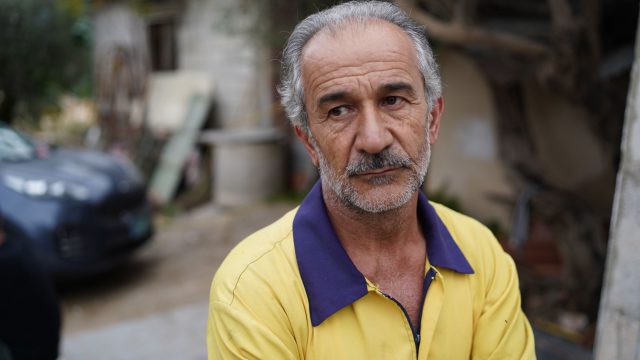
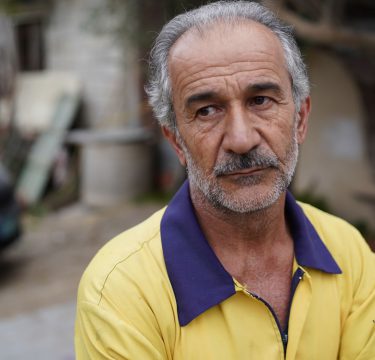
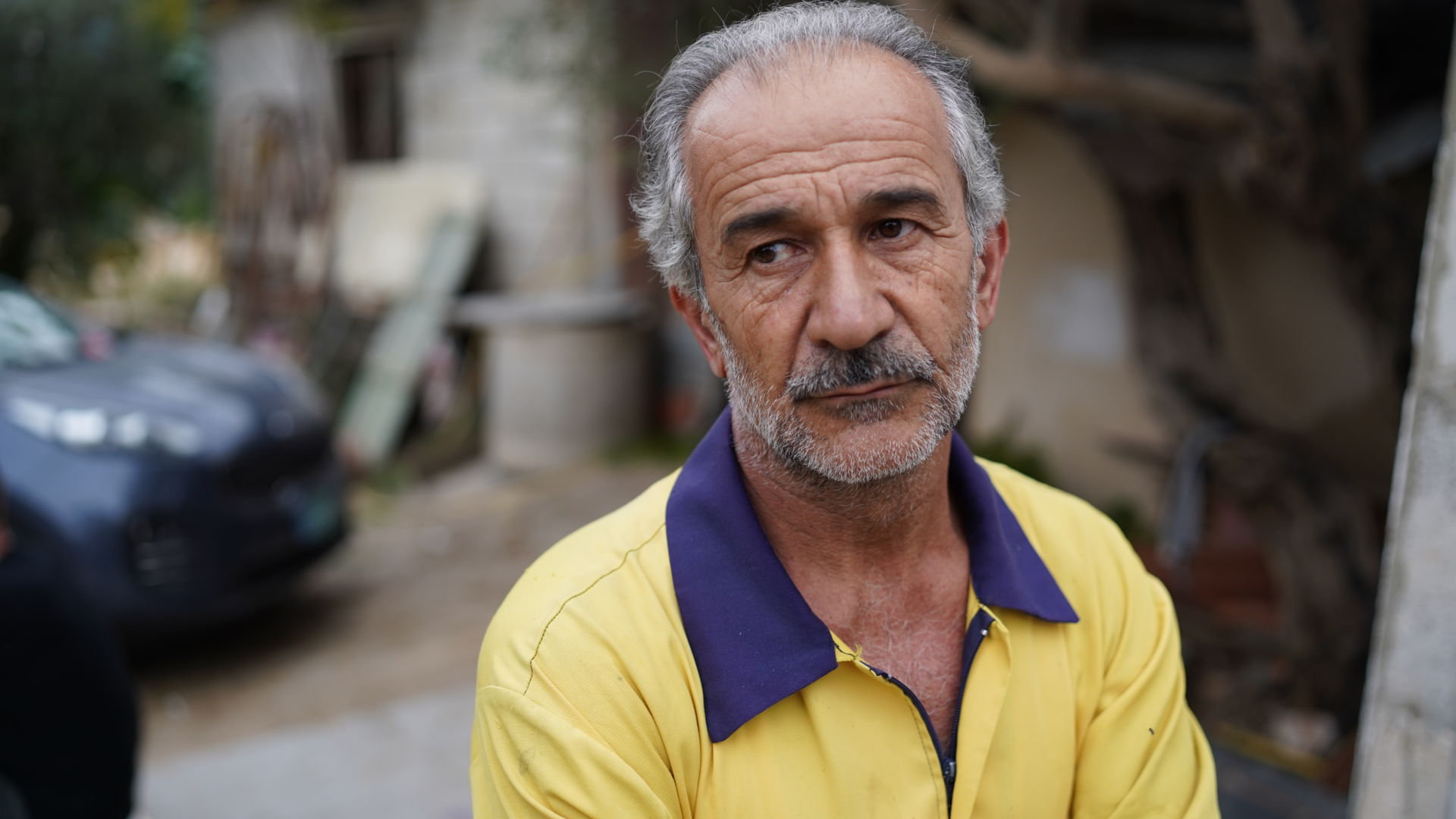
Since 2019, Lebanon has been struggling with an enormous economic crisis, further exacerbated by the COVID-19 pandemic, inevitably causing the country’s economic destruction. The consequence of the collapse of the Lebanese economy and state structures is an enormous energy crisis into which the country is plunged. Even in the capital, Beirut, electricity supplies are limited to 1-3 hours per day. The lack of electricity is a critical threat to the functioning of the Lebanese emergency services. Following the needs reported by the local authorities, the Polish Center for International Aid provided the fire station responsible for the safety of the Bourj Hammoud district in Beirut with, among others, a power generator.
This fire department was the first to respond to an explosion in the port of Beirut in 2020. One of the firefighters involved in the rescue operation was the current fire station commander, Oussama Salam. The station commander emphasizes how important constant access to electricity is for the efficient functioning of his unit and how important the help provided by the PCPM Foundation is.
‘Even in Beirut, electricity is sometimes only available for about 1 hour a day. We have to import or produce it ourselves the rest of the day. The lack of electricity paralyzes the work of our unit – we have no communications systems or alarm systems. But the comfort of our work is also significantly reduced – we have no way to charge mobile phones, air conditioning does not work, and even refrigerators are useless. In our climate, food without refrigeration spoils immediately, so no one keeps it in place. There are paradoxical situations when I allow my firemen to leave the fire station so they can eat a meal at home. The help the Poles give us is invaluable – thanks to electricity generators, we can function as normally as possible and fulfill our duties’ – says Oussama Salam.
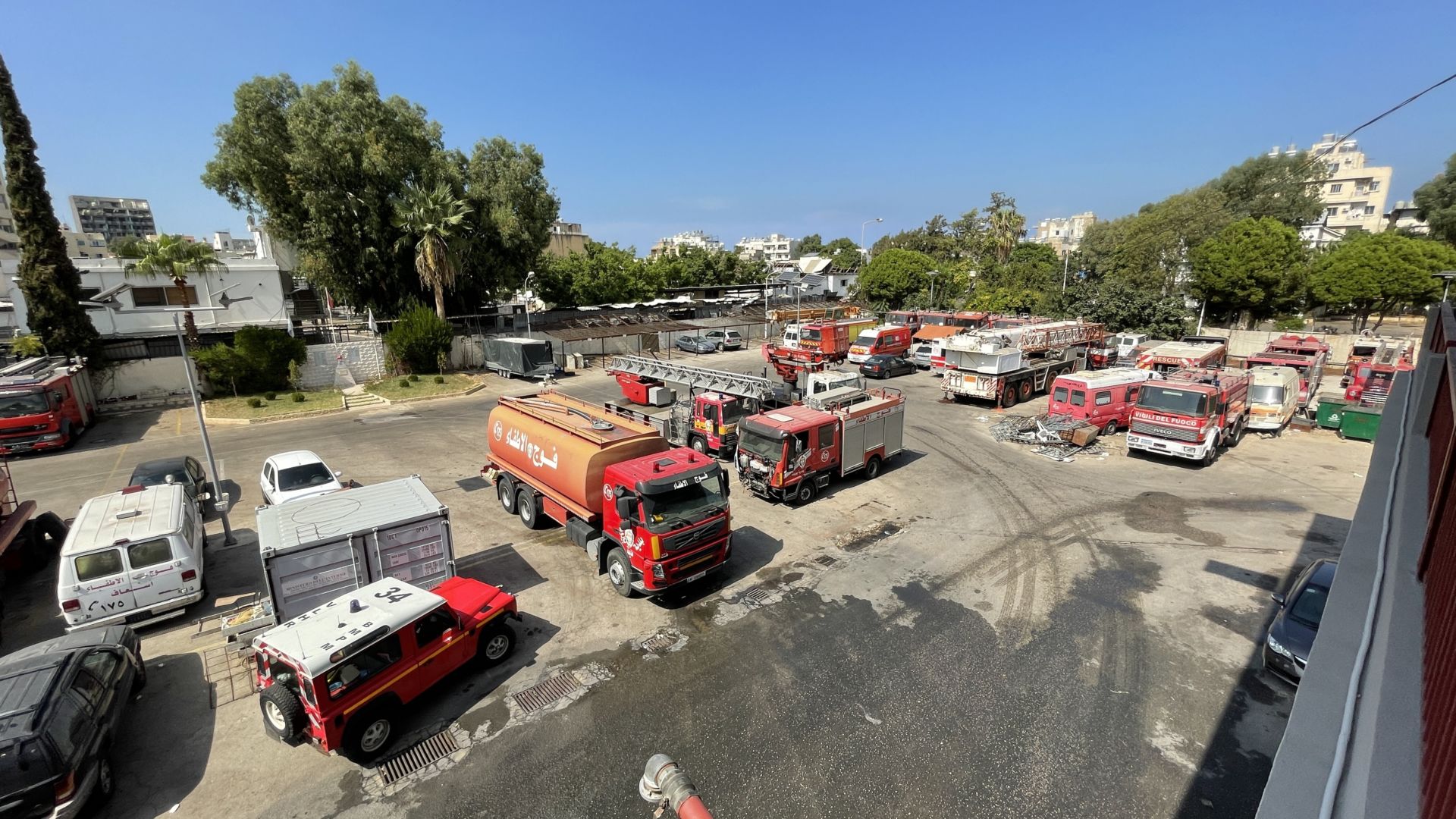
In addition to the power generator, the PCPM also donated rescue equipment to the fire station, including hydraulic tools necessary for clearing debris or traffic accidents, and installed solar lamps on the premises of the firehouse. The Foundation has also installed a similar system of solar-powered lamps at the nearby Bashura Center fire station.
Despite the help that flows to the fire station from NGOs from Italy, the Netherlands, France, and Poland, the working conditions of local firefighters are still significantly difficult.
‘What we miss most is people – young people do not apply for work in the fire service because the salaries are too low. A newly hired firefighter can only get the equivalent of USD 50 a month, and he would receive a paycheck in Lebanese lira, which is declining month by month. We would also like to take part in pieces of training organized by firefighters from Europe, including Poland – your work standards and the quality of providing help are at the highest level’ – adds the commander of the Bourj Hammoud fire station.
The PCPM also installs solar lamps on public roads to increase safety. Since 2019, the Foundation has installed 167 such beacons in the north of Lebanon. In the south of the country, a similar project is implemented in cooperation with the Polish Military Contingent UNIFIL – in two towns since 2021, 51 solar lamps were installed. The use of solar energy to illuminate public spaces reduces costs for municipalities, increases road safety, and reduces the production of exhaust gases that are emitted during the combustion of diesel oil in power generators.
In response to the needs of the poorest Lebanese families, PCPM also installed off-grid solar systems in the homes of 35 families. The autonomous solar system provides energy to the most important rooms for 8 hours, and also allows charging mobile phones via a USB charger.
ACTIVATION OF AGRICULTURAL ENTREPRENEURSHIP – PROFITS FROM HONEY AND APPLE PRODUCTION
A separate aid package addressed to the Lebanese is to stimulate local entrepreneurship in the agricultural sector. In the Akkar province in northern Lebanon, the Polish Center for International Aid runs a program to popularize beekeeping and honey production and trains local farmers in processing apples. Apples are one of the most common crops in Lebanon.
‘340 local farmers and residents applied for training in beekeeping organized by PCPM. We selected 65, who underwent practical and theoretical training, and 20 finally became beneficiaries of the program. The results of both; the practical exam and the attendance at the training sessions were decisive. Each of the beneficiaries received three hives, bees, and a special suit. The whole set is worth about $100. The training lasted in June, July, and August and the beneficiaries have been breeding bees’ – explains Bassem El Khoury, a Lebanese PCPM employee.
The MASAR (Maintaining Strength and Resilience for Local Governments) project, led by the European Union, has financed the program. Importantly the incentives for beekeeping are addressed not only to farmers but also to residents with other sources of income.
‘I am a teacher and have a degree unrelated to agriculture or beekeeping, but I decided to apply for this program. This is not my main source of income, but an additional one, but very important due to the economic crisis that is affecting Lebanon. I sell most of my honey, mostly to my friends, neighbors, and people who see my sales on social media’ – tells Akkar Province resident Janay Akawi, who is a beneficiary of the scheme.
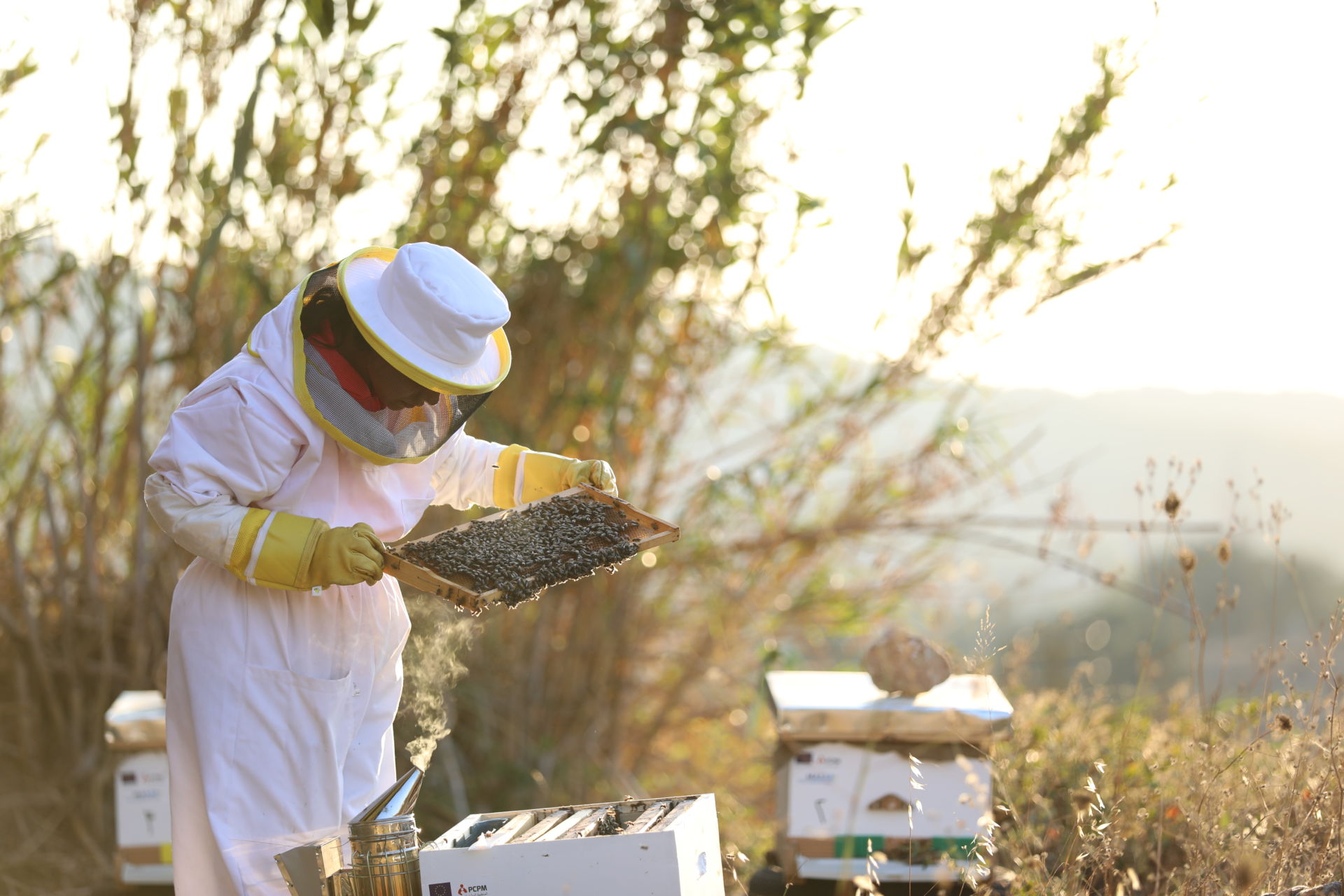
She adds that bees are very easy to breed, they practically do not require money and time on the part of breeders.
‘I come to the hives once a week for about 2 hours – I provide the bees with water and sugar. This source of income makes me feel more secure in case I lose my job as a teacher. I’ll be able to help myself. I am not complaining about the lack of customers, I think I will soon buy 3 more hives’ – explains Akawi.
Honey is popular in Lebanon not only for consumption; but also as a medicine, antibiotic or cosmetic lotion for skin care. The northern province of Akkar also has excellent natural conditions for beekeeping. Every year, 3 hives should produce about 25-30 kg of honey.
In Fnaideq, Akkar province, PCPM conducts training on the use of apples for the production of crisps, vinaigrette vinegar, or alcohol liqueurs. The price of unprocessed apples is so low that local farmers don’t even pick them. Thanks to the training, they will be able to process apples and grow profitable crops.
For ten years of the mission of the Polish Center for International Aid in Lebanon, in the years 2012-2021, PCPM has implemented over 40 aid projects worth USD 95 million. Funds for PCPM activities in Lebanon come from various sources: 55% of the costs are covered by the Polish Aid program coordinated by the Polish Ministry of Foreign Affairs. 30% by the UN agencies and 12% of the cost is from the EU funds. As part of cooperation with the Polish Aid program run by the Ministry of Foreign Affairs, PCPM is implementing a program to support local governments and local communities affected by the COVID-19 pandemic and the economic crisis. The aid program is scheduled for 2021-2023.
The Polish Center for International Aid helps the poorest Lebanese and Syrian refugees in Lebanon also through the “Cash for Rent” program, as well as through the “Cash for Work” program.
